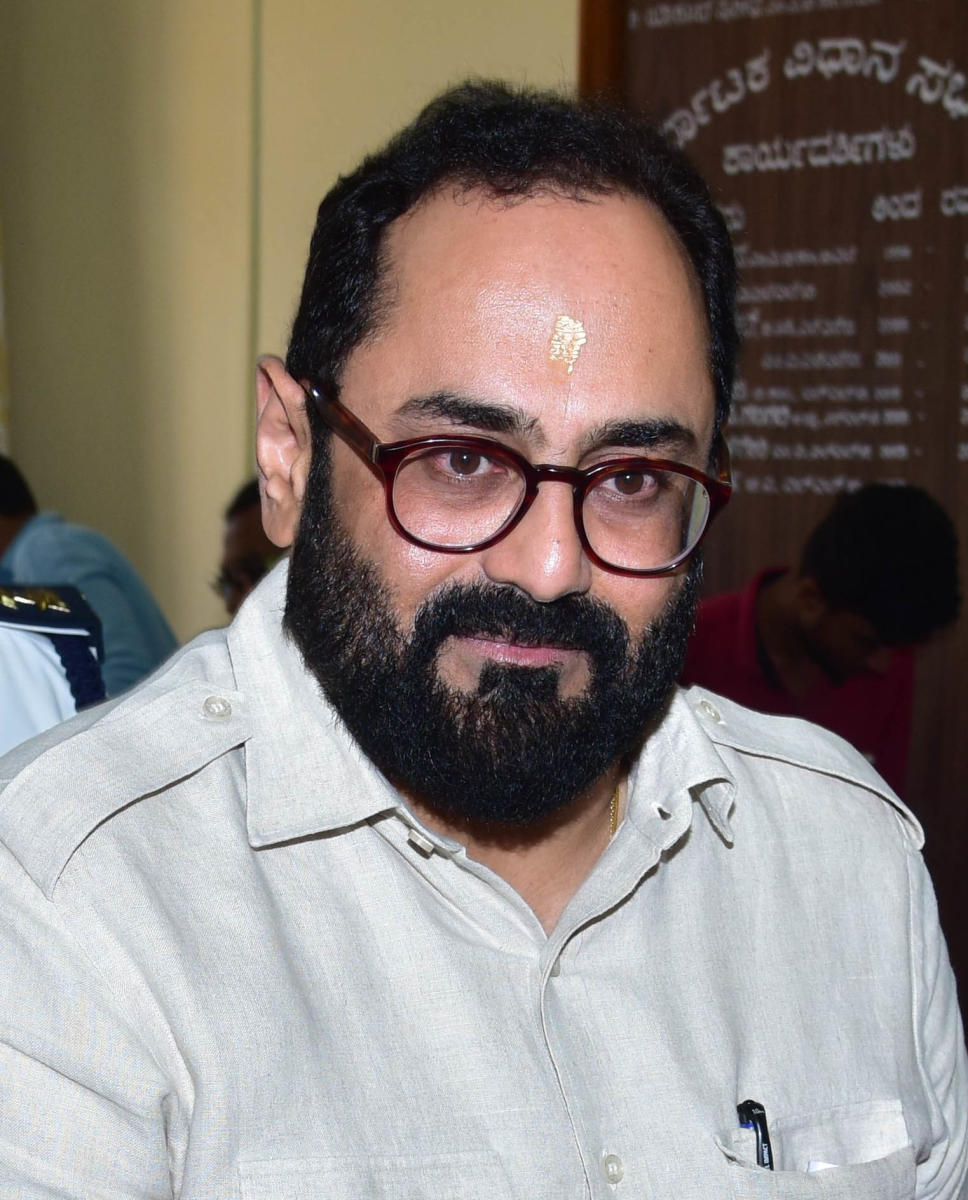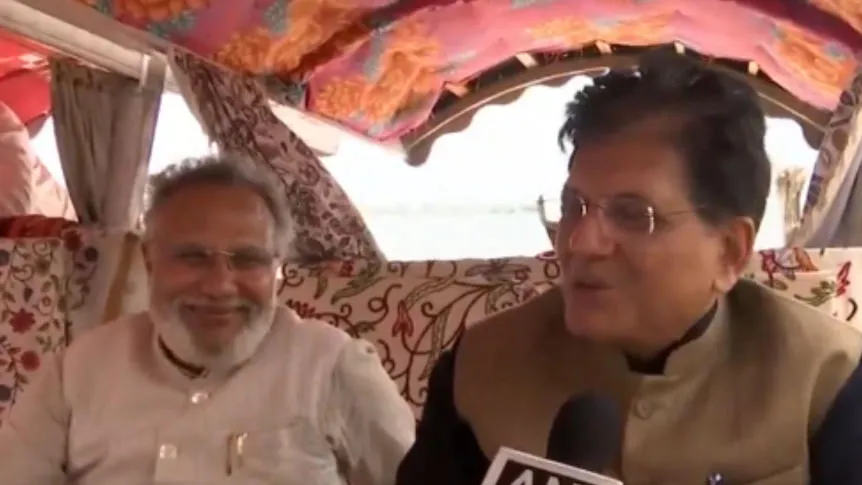Yoga unites the world, promoting peace, health, and global well-being through ancient Indian traditions.
NEW DELHI: The world practiced yoga together for the 11th time on June 21. The simple meaning of yoga is “to unite,” and it is heartening to see how yoga has united the entire world. Unfortunately, today the whole world is experiencing various forms of stress. In many regions, unrest and instability are increasing. In such times, yoga provides us with a direction toward peace. Prime Minister Narendra Modi’s vision is not mere imagination or a dream. Yoga is not just a practice – it is a movement for national health, inner peace, and global wellbeing.
The theme “Yoga for One Earth, One Health” lies at its core. The 2025 theme highlights yoga’s role in promoting physical, mental, and environmental wellbeing, aligning with a global call for sustainability and unity. This is based on a decade of success since the United Nations recognised June 21 as International Yoga Day following India’s proposal in 2014. Society and the world should focus on such issues, setting aside politics. India’s traditional medical system is now gaining global recognition.
On May 20, a major agreement was signed between the Ministry of AYUSH (Ayurveda, Yoga, Unani, Siddha, and Homeopathy) and the World Health Organization (WHO). Under this agreement, traditional medical practices will receive international recognition and be documented scientifically. A special “Traditional Medicine Module” will be added to WHO’s International Classification of Health Interventions (ICHI). Dr Tedros Adhanom Ghebreyesus, WHO’s Director-General, expressed happiness over the agreement and welcomed India’s commitment to health with a contribution of $3 million towards WHO’s work on traditional medicine and ICHI.
The ICHI is a global system that records the treatments and medical procedures provided to patients. Now, traditional Indian medical systems like Ayurveda’s Panchakarma therapy, yoga therapy, Unani regimens, and Siddha practices will be recorded according to international standards. With global recognition, AYUSH-related medical systems will now receive a scientific and standardised identity worldwide. Inclusion in health insurance plans will become easier, and hospitals will be better equipped to maintain records, conduct research, and document medical data scientifically.
AYUSH practices will be adopted with greater trust and acceptance not only in India but also in other countries. Ayurveda is gaining popularity as an alternative medical system in the UK, Germany, and the US. Although its roots are deep in India, Nepal, and Sri Lanka, its reach is expanding globally, as people are increasingly drawn to its holistic approach to health and wellness.
This trend is driven by rising awareness of lifestylerelated diseases and the desire for long-term health solutions. The UK’s National Health Service (NHS) has begun the formal process of integrating Ayurveda. The UK’s all-party parliamentary group has recognised Ayurveda as an effective and superior medical system and recommended its adoption in healthcare. Under this initiative, approximately 10,000 Ayurvedic doctors will be recruited in the UK over the next five years. This could be a significant opportunity for Indian Ayurvedic doctors.
The number of Ayurvedic educational, beauty, and healthcare institutions in the UK is expected to increase from 100 to 500 within five years. Enrollment in the British College of Ayurveda has increased by 70% this year, with students from France and Germany ranking second and third after British students. Both government and private sectors in the UK are actively promoting Ayurveda. Ayurveda’s formal inclusion in the NHS could bring it global recognition, establishing the system worldwide and offering international opportunities for Indian doctors and students. This will also aid in scientific record-keeping, research, and data documentation in hospitals.
Ayurveda’s growing popularity in the UK is well justified. Modern lifestyles often cause stress, lack of exercise, and related health problems, prompting people to adopt alternative treatments like Ayurveda. Ayurveda focuses on holistic healing involving diet, lifestyle adjustments, and herbal therapies, attracting those who seek long-term wellbeing and preventive care rather than just symptom relief.
There is growing recognition of how Ayurvedic principles can complement modern medicine, especially in managing chronic diseases and promoting overall health. The number of qualified Ayurvedic practitioners, clinics, and spas is increasing in the UK, making Ayurveda more accessible. The global Ayurveda market, including the UK, is experiencing substantial growth, with significant expansion expected in the coming years. It is estimated that Ayurveda will generate revenue exceeding Rs 1 lakh crore by 2025.
Interest in yoga and traditional medicine is rising worldwide. A large number of young people are embracing yoga and Ayurveda as excellent means of health. For example, Ayurveda is rapidly gaining popularity in Chile, South America. During his visit to Brazil, Modi discussed Ayurveda’s popularity with the Chilean president. Recently, discussions about Ayurveda cooperation have also taken place with Cyprus. Recognising the fast-growing global popularity of AYUSH systems and the contributions of key stakeholders, the Prime Minister said, “I learned about a team called ‘Somos India’— which means ‘We are India’ in Spanish.
This team has been promoting yoga and Ayurveda for nearly a decade, focusing on treatment as well as educational programmes. They are also translating yoga and Ayurvedarelated knowledge into Spanish.” The Indian Embassy in New York, in collaboration with the Times Square Alliance, organised a special yoga session on the Summer Solstice day at Times Square. India is strengthening the science of yoga through modern research to promote its global spread. Major medical institutions across the country are engaged in yoga research. Efforts are underway to integrate the scientific aspects of yoga with modern medicine. Evidence-based therapy in the field of yoga is also being encouraged in medical and research institutions.
AIIMS Delhi has shown remarkable results in its research, demonstrating yoga’s crucial role in treating heart and neurological disorders and protecting women’s health. The mantra “Heal in India” is becoming quite popular globally. India is emerging as the best destination for healing, with yoga playing a significant role. I am pleased that a Common Yoga Protocol has been developed. Over six and a half lakh volunteers, around 130 recognised institutions, and medical colleges are conducting 10-day yoga modules. These efforts are creating a holistic ecosystem.
Across the country, AYUSH health temples are being established where trained yoga teachers are deployed. Special e-AYUSH visas are being issued to allow people worldwide to benefit from India’s wellness ecosystem.






















